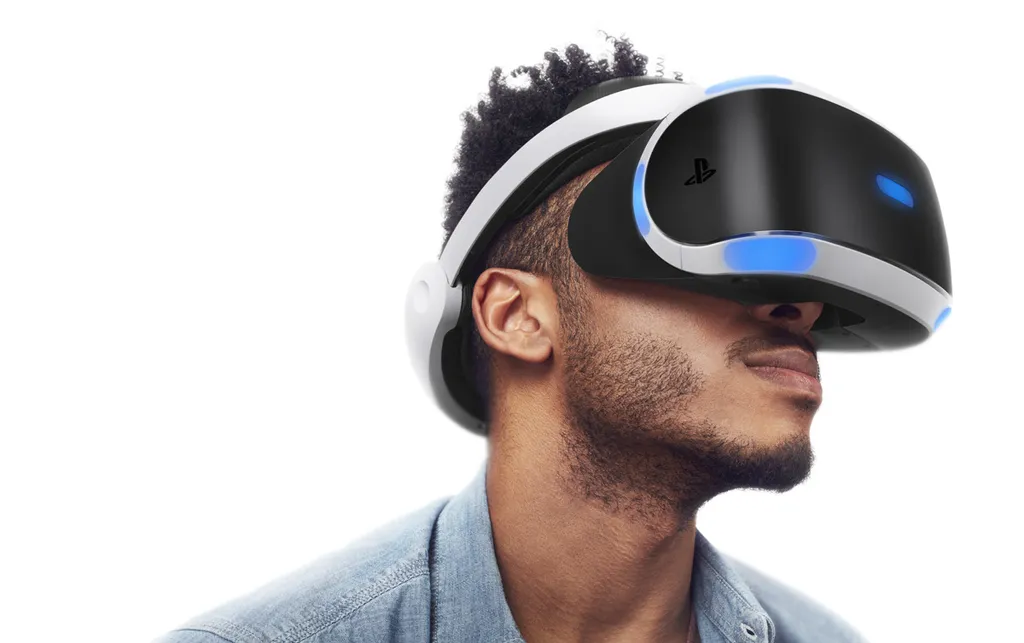With over one million units sold, Sony’s PlayStation VR (PSVR) is thought to be the current leader in high-end VR, possibly topping Oculus Rift and HTC Vive sales. But the company isn’t entirely happy with its supposed lead.
Andrew House, CEO of Sony Interactive Entertainment, last week told Reuters that he wasn’t “entirely comfortable” with leading the market “by such a margin that seems to be happening right now,” likely referencing Rift and Vive sales.
“With such a brand new category you want a variety of platforms all doing well to create that rising tide and create the audience,” House said. His words suggest House is somewhat concerned about the overall state of the VR market, which has been slow to grow over the past year and a half. Recent price cuts for both the Rift and Vive should hopefully provide a welcome bump in sales, however.
It’s impossible for us to definitively state that PSVR is outselling Rift and Vive as the latter two have never confirmed official sales figures, though their high prices and expensive PC requirements mean PSVR is a far more accessible option for most consumers. While it may be a leader in the high-end space, PSVR hasn’t outstripped the five million owners that Samsung and Oculus’ mobile-based Gear VR enjoys, though bundle deals and giveaways make it unclear exactly how many of these were sold.
Fortunately for Sony, then, stiff competition should be on the way soon. In October, Microsoft will launch a new range of Windows 10 VR headsets in partnership with companies like Dell and Lenovo, representing a more affordable, accessible way to get into PC VR with inside-out tracking. It’s also thought that Microsoft’s upcoming Xbox One X console will one day get VR support of its own to more directly compete with PSVR.


























